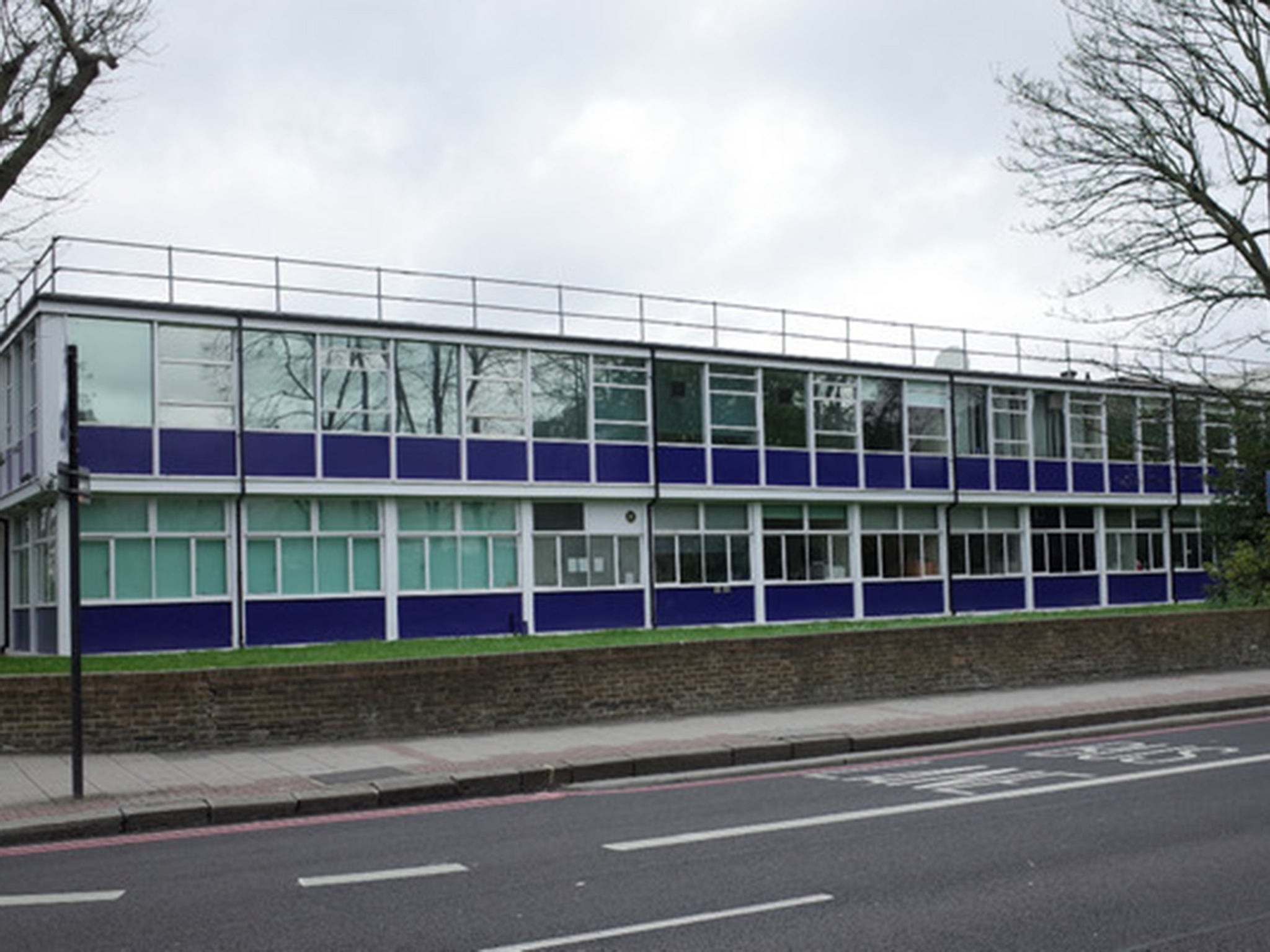Majority of new free schools were not full at launch
One school in Brixton had 17 pupils when it opened, but was big enough to accept 120

Your support helps us to tell the story
From reproductive rights to climate change to Big Tech, The Independent is on the ground when the story is developing. Whether it's investigating the financials of Elon Musk's pro-Trump PAC or producing our latest documentary, 'The A Word', which shines a light on the American women fighting for reproductive rights, we know how important it is to parse out the facts from the messaging.
At such a critical moment in US history, we need reporters on the ground. Your donation allows us to keep sending journalists to speak to both sides of the story.
The Independent is trusted by Americans across the entire political spectrum. And unlike many other quality news outlets, we choose not to lock Americans out of our reporting and analysis with paywalls. We believe quality journalism should be available to everyone, paid for by those who can afford it.
Your support makes all the difference.Four out of five free schools that opened this year have failed to fill all their places, according to data acquired via Freedom of Information requests.
The Government believes free schools, which are outside the control of their local councils, are the key to pushing up teaching standards. But FoIs submitted by the Labour Party found only seven new secondary free schools and two free primary schools that were full when they opened.
In Brixton, south London, a group of parents said they wanted a free school with a Catholic ethos. After £18m had been spent on buying premises big enough to accommodate 120 pupils, the Trinity Academy eventually opened with just 17.
The opening of the Discovery school in Newcastle upon Tyne was delayed because of a row over who funding, and eventually opened in September with only a third of its 360 places filled.
The drive for more free schools has been criticised because it was suspected that the cost of setting up and running them has meant that there is less money for the council-run state schools.
Join our commenting forum
Join thought-provoking conversations, follow other Independent readers and see their replies
Comments